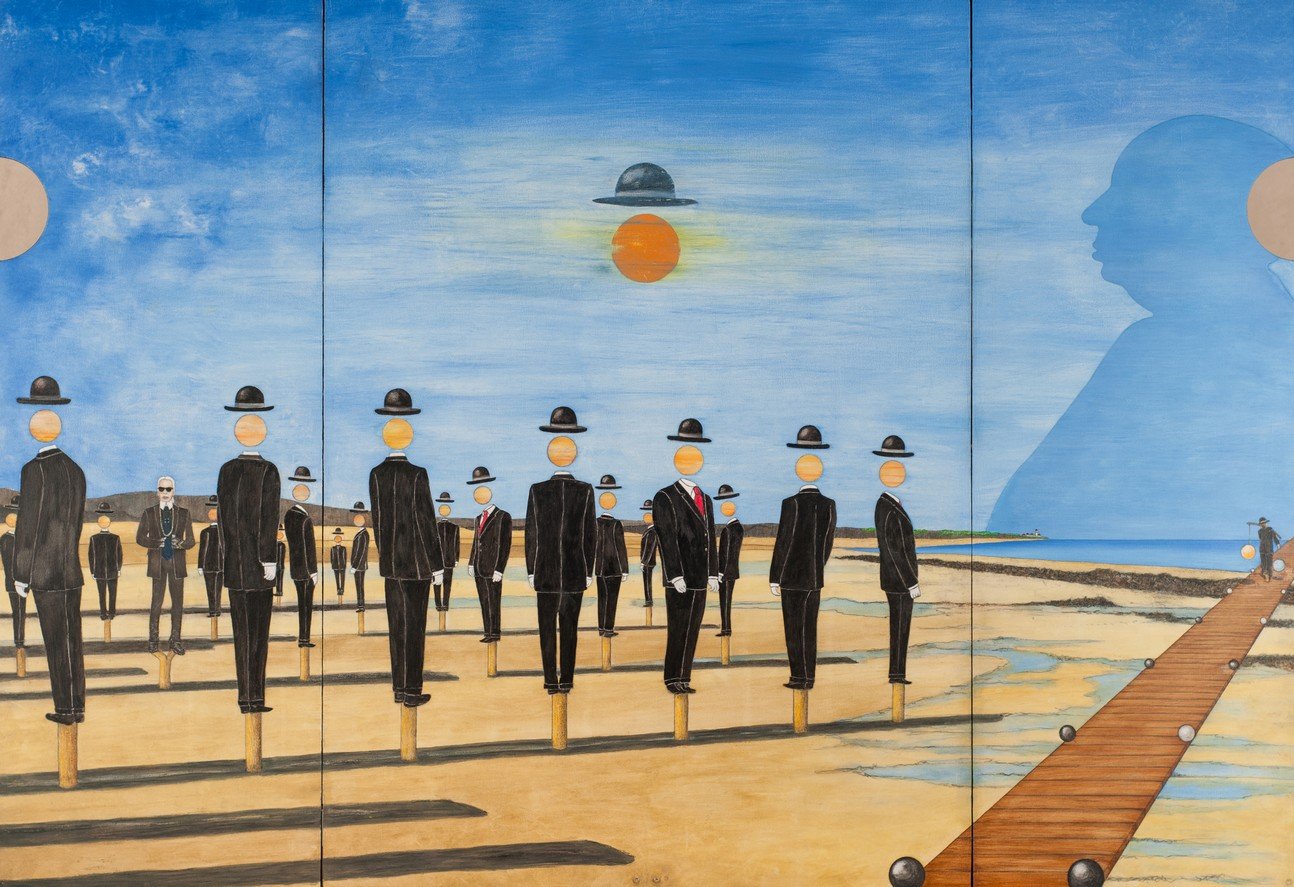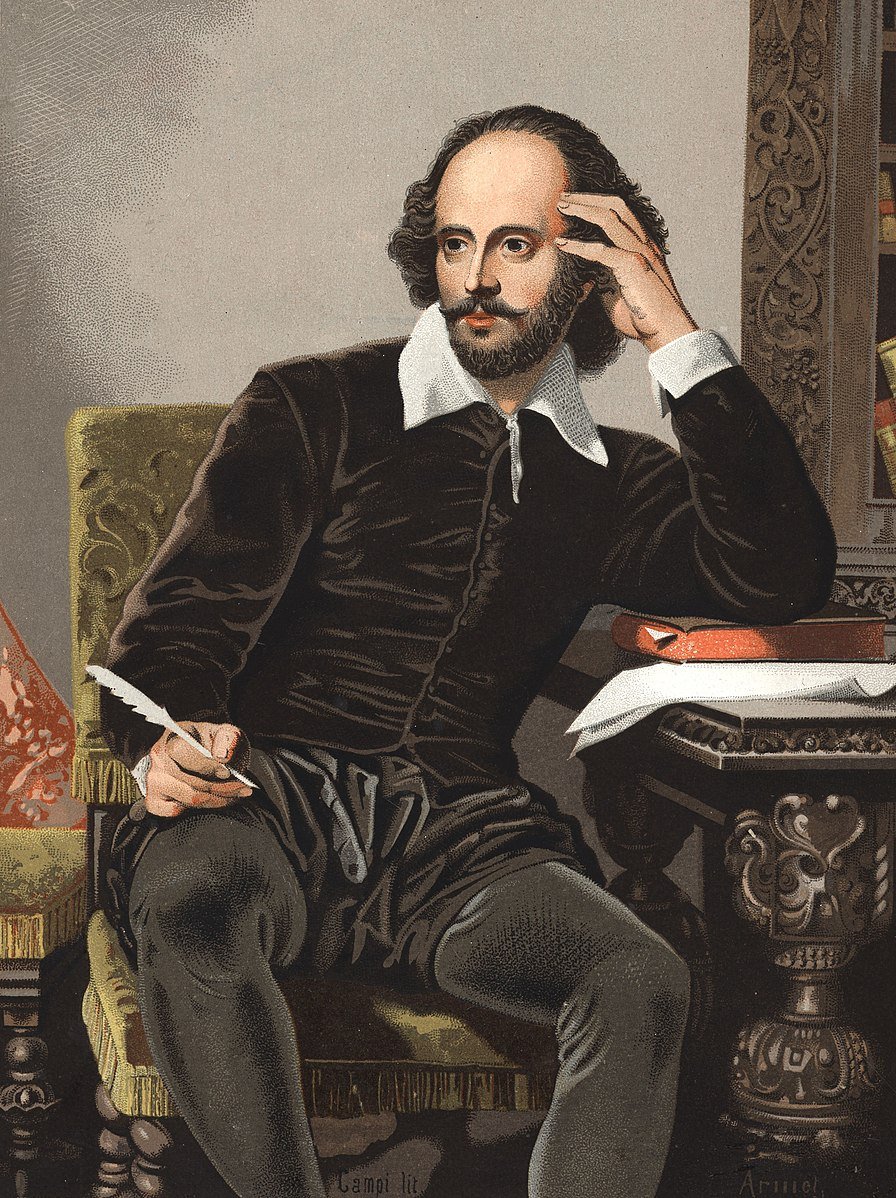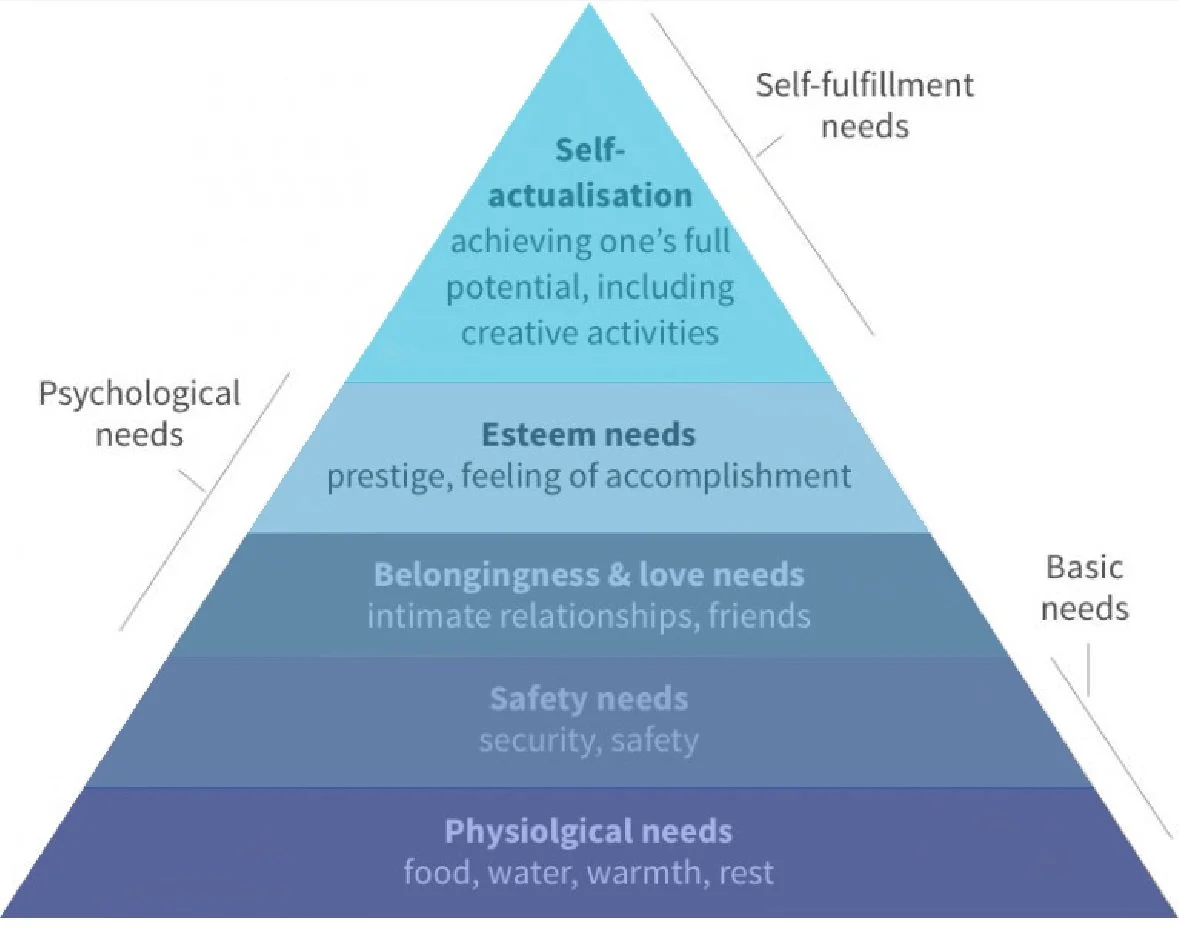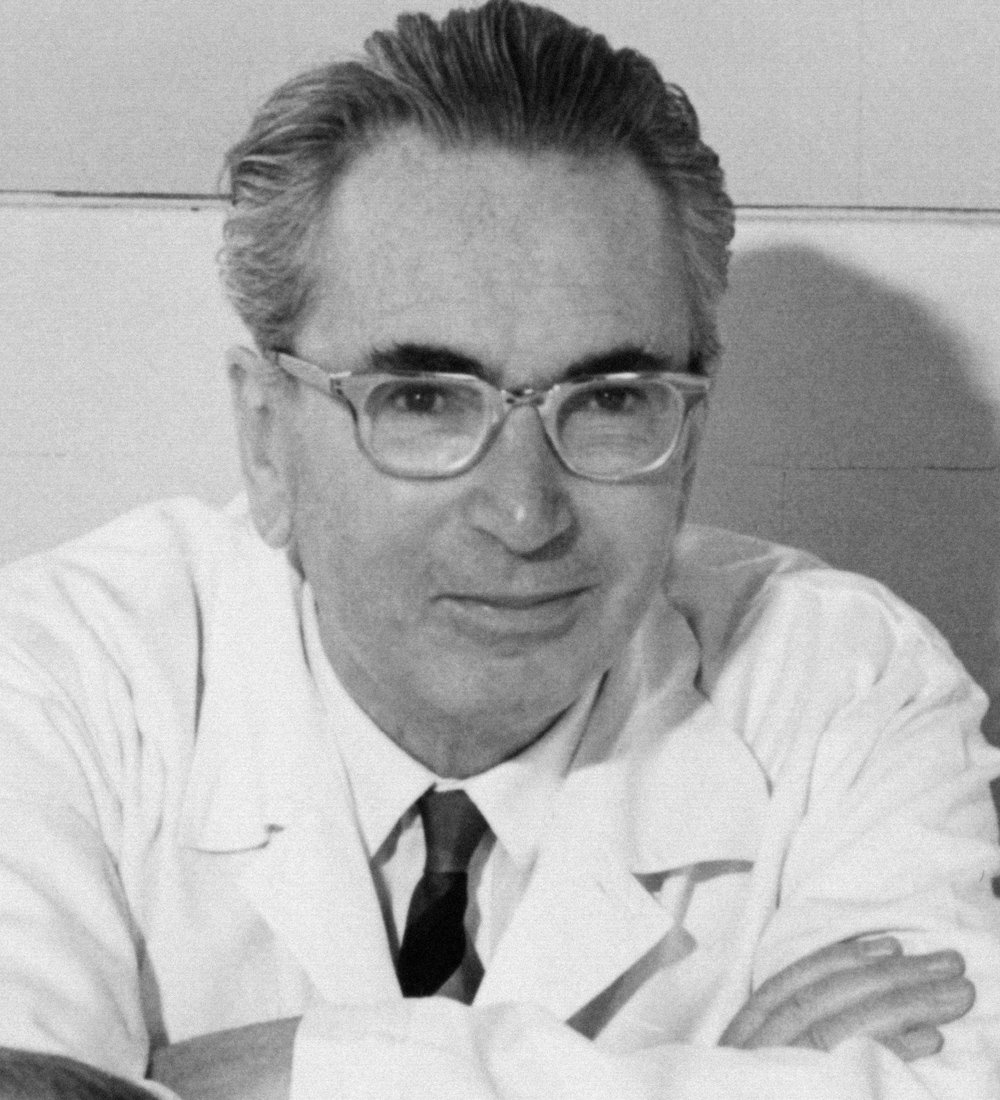What is Mindfulness? In 45 characters
A very quick-take on explaining mindfulness.
What Eckhart Tolle means by "Life will give you whatever experience is most helpful for the evolution of your consciousness"
See what Eckhart Tolle means in this famous quote about life.
Mindfulness: a quick-start guide + alternatives to meditation and yoga
This practical, quick-start guide is for those who are looking to explore mindfulness, but are having difficulties getting started with their mindfulness practice.
Who am I at 25-35? This is the Quarter Life Crisis Age
The Quarter-Life Crisis actually represents a key milestone in the broader path of maturation. It is, after all, a call to connect with and accept our neglected, deeper selves and reflect on who we really are and who we really want to be.
What William Shakespeare means by "There is nothing either good or bad but thinking makes it so”
William Shakespeare, Publilius Syrus, Eckhart Tolle, and countless other philosophers point to is that we really don’t have the knowledge to say that certain events really are good or bad, and moreover that labeling things as good or bad and getting worked up about the “goodness” or “badness” really isn’t conducive to living more peaceful, happier, and fulfilled lives.
Scaling Maslow's Hierarchy of Needs is not linear
To climb the higher rungs of Maslow’s Hierarchy of Needs, we need a nonlinear equation, which is where mindfulness comes into play. Mindfulness transcends the whole paradigm of equations and resets the focus on simply being present.
5 Must-Read Mindfulness Books
For those of you looking for pointers on how to understand what mindfulness is and learn the art of living more mindfully, I humbly recommend bookmarking this list of the following five books by five legendary mindfulness teachers, listed in order of my opinion on the easiest to most advanced (though all are profound and impressive in their own rights).
Comparison: circular rumination vs expansive reflection
Pursue your own path of self-actualization by bringing a conscious awareness to your observations of others. The first step to doing so is to learn to accept where you are in your own life, so that you can be free to observe the lives of others from the present moment, with a mind primed for the inspiration of expansive reflection, rather than liable to succumb to the temptation of circular rumination.
Humanity’s super power is universal acceptance
We can each accept anything that can possibly happen to us in life, and in doing so, we can obliterate any level of stress that can accumulate in our minds and bodies, and discover a deep peace and fulfillment in place of that stress. It’s only our perception that turns this truth opaque and blocks us from seeing this eternal power of universal acceptance.








